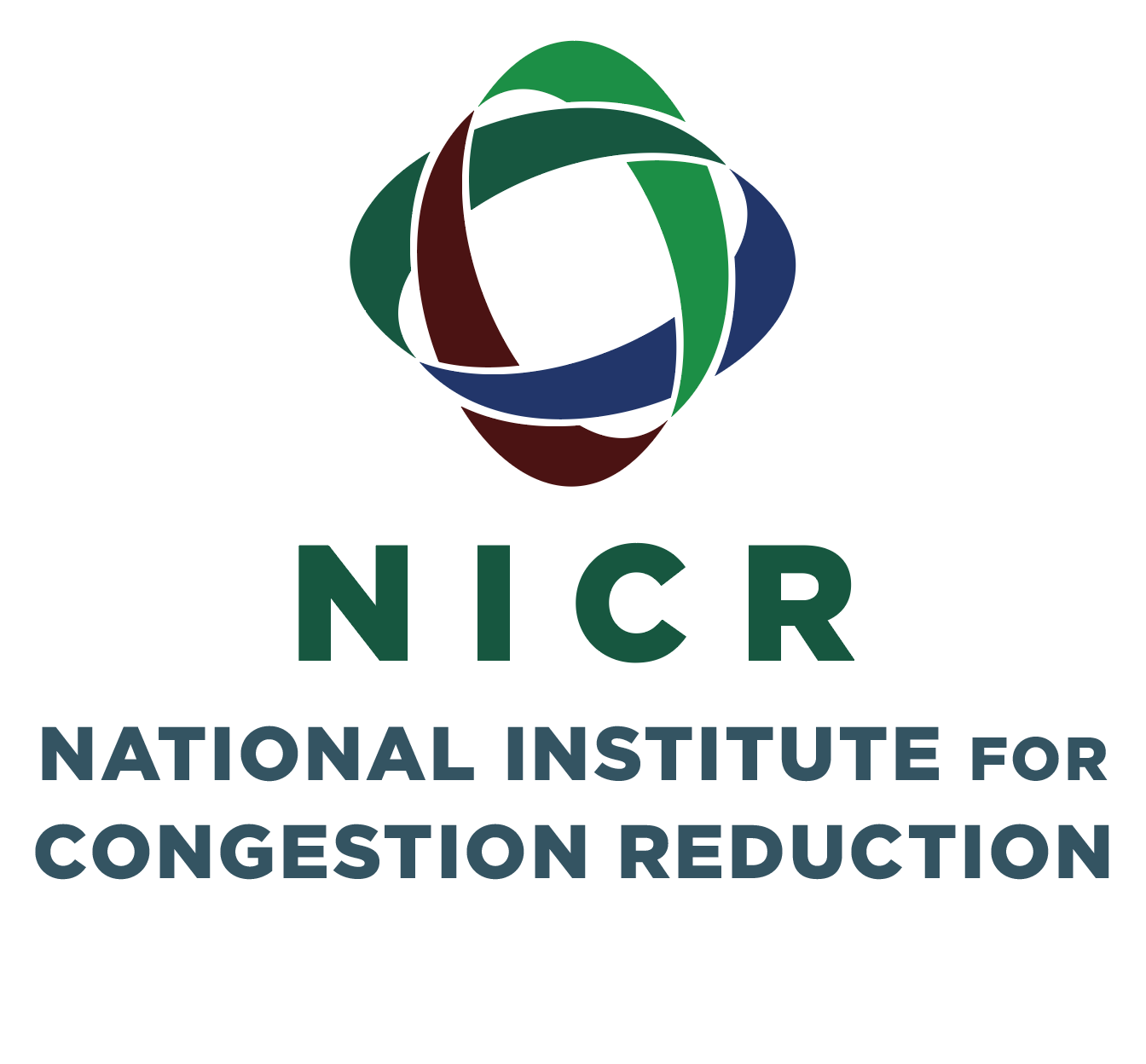Document Type
Technical Report
Publication Date
8-1-2024
Keywords
Monetary incentives, willingness-to-accept, stated preferences, micromobility, transit
Digital Object Identifier (DOI)
https://doi.org/10.5038/CUTR-NICR-Y3-3-6
Abstract
The willingness-to-accept monetary incentives to promote the use of transit and micromobility options was estimated for Puerto Rico. The analysis of a community survey showed that the decision to use an e-scooter as an alternative to an automobile for a commute trip depends on weather conditions, safety risks, and service cost, whereas for transit the decision highly depends on transit travel time, parking conditions, and service fare. The minimum incentives accepted went from $17.10 for the Tren Urbano heavy rail service to $18.90 for e-scooters as alternative modes to automobiles. The results show that the incentive value decreases as the age and the income of the person increase. A field experiment studied the potential impact of monetary incentives to reduce VMTs of college students by offering $15 and $30 per e-scooter trip in the Municipality of Mayagüez. Fourteen subjects completed 57% of the scheduled trips. The results show that financial incentives can help motivate, within some limits, a migration from private vehicles to alternative modes of transportation. However, the effectiveness of the incentives varies, influenced by factors such as age, income, and perceptions about the transit service quality and the safety of the e-scooters. While younger and lower-income populations are more responsive to higher financial incentives, older adults are willing to accept lower incentives, which suggests a lower valuation of time of these social groups.
Scholar Commons Citation
del Valle-González, Carlos A.; Figueroa-Medina, Alberto M.; Valdés-Díaz, Didier M.; Rodríguez-Román, Daniel; and Martínez, Juan, "Financial Incentives to Reduce Vehicle Miles Traveled" (2024). Research Reports. 44.
https://digitalcommons.usf.edu/cutr_nicr/44
Policy Brief


